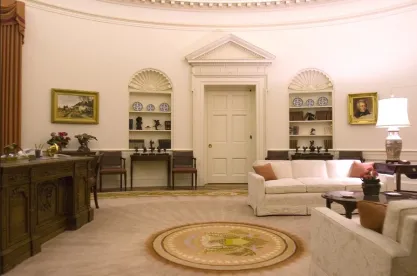The Obama administration has requested an increase in funding for both the Occupational Safety and Health Administration (“OSHA”) and the Federal Mine Safety and Health Administration (“MSHA”) for fiscal year (“FY”) 2017. In the February 9, 2016 budget request, the administration proposes that OSHA receive $595 million in FY 2017, which would be an 8% increase over the agency’s 2016 budget and that MSHA receive $397.3 million for FY 2017, which would be a $21 million increase from 2016. This request is very likely to be opposed by Congress, which cut the Obama administration’s similar FY 2016 spending requests for both agencies.
In its detailed proposal to Congress, the Department of Labor writes that the budget increase would allow OSHA to increase enforcement, through more inspections, and to expand compliance assistance to employers. OSHA proposes it will conduct 35,352 inspections in 2017, a 1,700 increase from the expected number in 2016. In order to reach this goal, OSHA would have to fund 60 new enforcement positions in 2017. With regards to whistle-blower programs, OSHA proposes spending $21.6 million in 2017 and adding 22 new positions in response to the increase in whistle-blower cases being filed with the agency.
OSHA also seeks $3.5 million for Voluntary Protection Programs (“VPPs”) activities, which would be the first time that the Obama administration has sought funding to cover such activities. The VPPs are initiatives that encourage management, labor organizations, employees, and OSHA to prevent workplace injuries and illnesses at worksites through cooperative agreements that focus on hazard prevention and control. OSHA projects that in FY 2017 it will focus on issuing two final rules, a final rule on beryllium and a “burden-reducing rule” on additional Respirator Fit Test methods.
Among other items, MSHA is seeking $2.1 million to support the implementation and enforcement of the coal dust rule, roughly $650,000 to conduct impact inspections during off-shift hours, $350,000 to support enforcement activities in U.S. Territories, and $600,000 to provide for increased rulemaking activities.
The FY 2017 budget is currently pending approval from Congress. Follow our blog for future updates.




 />i
/>i

